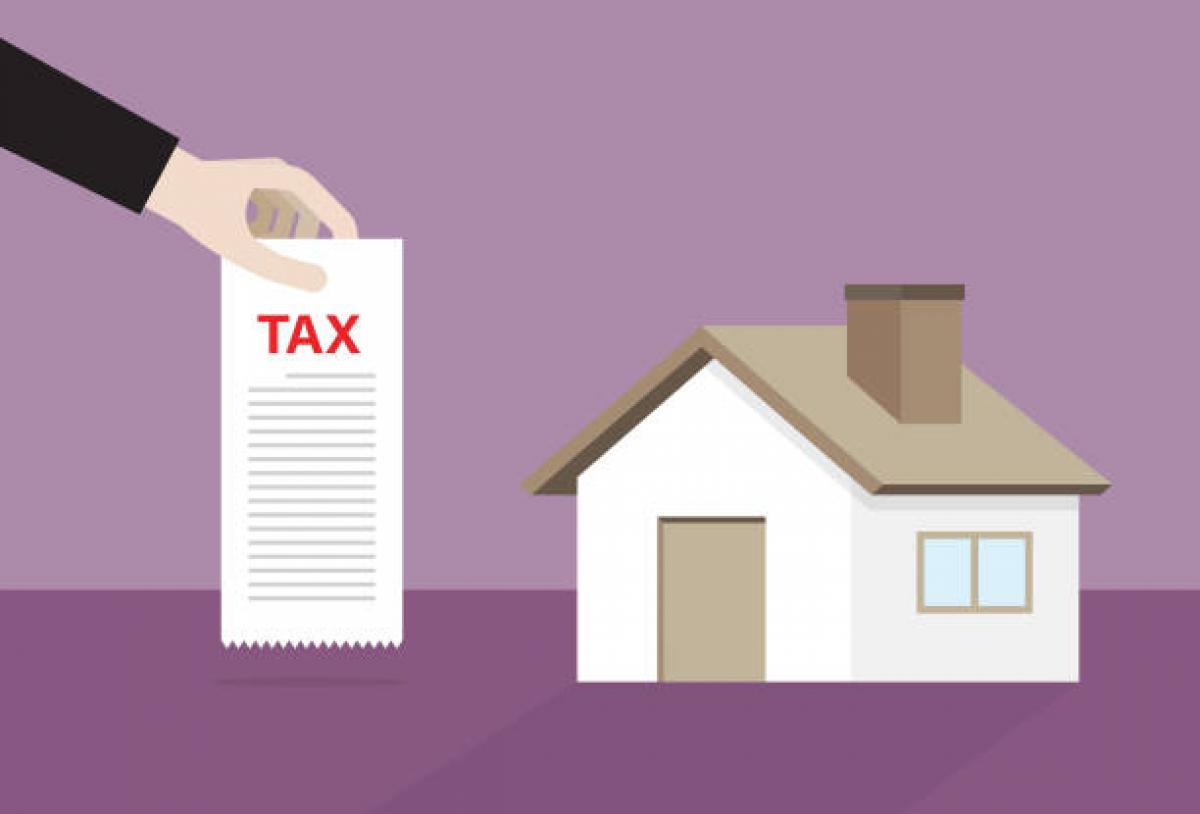Who Pays Property Taxes in the Dominican Republic

Taxes and Expenses on Property Transfers
Taxes must be paid before filing the purchase at the Title Registry Office. Taxes and expenses on the conveyance of real estate are approximately 3.1% of the government-appraised value of the property, as follows:
• 3% Transfer Tax (Law # 288-04)
• Minor expenses such as cost of certified check required to pay taxes to Internal Revenue, sundry stamps and tips at the Registry.
Taxes are paid based on the market value of the property as determined by the tax authorities, not on the price of purchase stated in the deed of sale.
Who Pays Property Taxes in the Dominican Republic: Property
Properties held in the name of an individual are subject to an annual property tax (“IPI”) of 1% of government-appraised value in excess of US$150,000 except for unbuilt lots or farms outside city limits and properties whose owner is 65 years old or older, who has registered it in his or her name for more than 15 years and has no other property.
So for example a property with an appraised value of US$400.000 the taxes you pay will be as follows.
US$400.000 – US$150.000 = US$250.000. So you pay 1% over the US$250.000. So you would pay a total of US$2.500 a year in property tax.
Who Pays Property Taxes in the Dominican Republic: Land and lots
These have no US$150,000 lower limit and as such the 1% tax is paid on the full valuation!
The real estate tax is payable every year on or before March 11, or in two equal installments: 50% on or before March 11, and the remaining 50%, on or before September 11.
The amount of the exemption is adjusted annually for inflation.
The following properties are exempt from paying real estate tax: (a) farm properties; (b) homes whose owner is 65 years old or older, and has no other property in his or her name; and (c) properties owned by companies, which pay a separate tax on their company assets.
The CONFOTUR Law (158-01), or Tourism incentive law of the Dominican Republic, is designed to promote the development of the country’s tourism industry by providing tax incentives to developers and buyers of properties in regions with high potential or natural beauty for tourism.
As a real estate investor, if you come across a new development that is advertised as being under the CONFOTUR Law, it is a plus for your investment as it may make you eligible for certain tax exemptions. As a buyer, you could be exempt from paying certain property taxes such as the 3% property tax transfer fee, which is paid when transferring the title of the property and the annual 1% Real Estate Property Tax (IPI) for a period of 10-15 years.
Remember that a considerable portion of property tax payments is penalties for unpaid tax and amounts to more than the original tax owed. So, as a foreigner investing in real estate in DR, this is something that they should keep track of to avoid excessive penalties or issues with the Dominican tax authorities.
It is certainly a good idea to seek personalized advice on property taxes from an attorney specializing in Dominican real estate regarding Who Pays Property Taxes in the Dominican Republic
Category : Blog &Dominican Republic &Investment &Property














